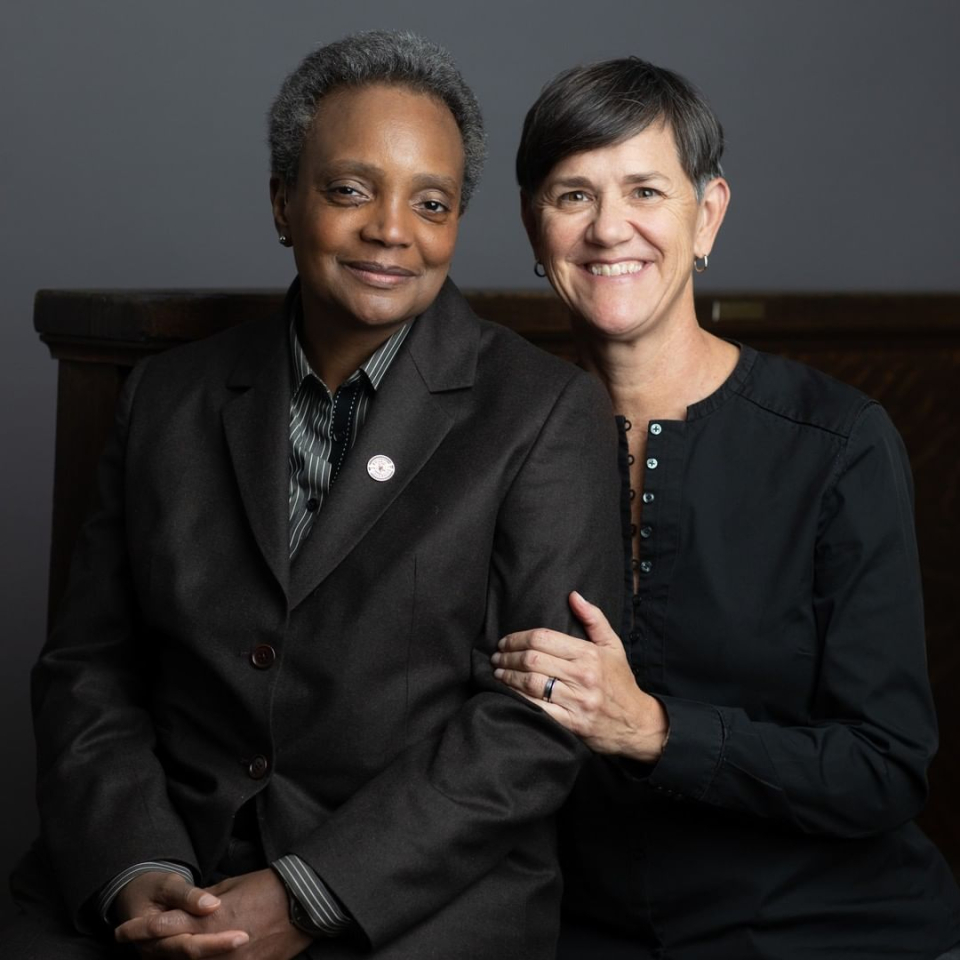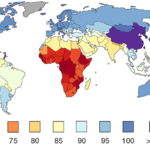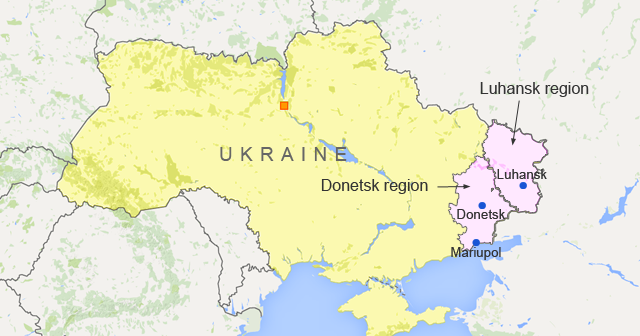Mankind has known coercion since its inception. A group of people, not to mention large tribes and eventually nations, obviously needs a hierarchy, someone to lead and the masses to follow the leader. The leader figure may be embodied by an individual or an elite. There must be a set of rules for society to function. Hence coercion. People are forced to abide by the commandments set proverbially from on high or merely agreed upon by a number of the more powerful leaders. The coercion meant that some worked, others divided the fruits of the work; that some spilt their blood in wars, while others declared those wars and concluded peace treaties; that some served while the others were attended to. Our age is no different and yet very much different: those who rule demand that all men and women tolerate, approve of, like – nay! – love each other. Hate – what do I say! – mere dislike, not to say disgust, disapproval, criticism are forbidden. We are entering the age of the dictatorship, the tyranny, the despotism of all-embracing, all-levelling love.
Think of all the hate-speech laws and the resultant penalties for raising an eyebrow at the sight of a tattooed individual, for looking twice at ostentatious behaviour only yesterday regarded as obscene. All such acts are microagressions to say the least and need to be nipped in the bud. The tyranny of love does not extend to its opponents who need to be reeducated, reshaped, remoulded; failing which, the opponents of the all-embracing love are fair game. Like those poor chaps tied to medieval pillories, with their faces and buttocks exposed to the projectiles of all kinds hurled at them by a passer-by who pleased to entertain himself in this way.
The ideology of the all-embracing love has not been born within the latest twenty-four hours, nor within the latest decades. It has been developing for three or so centuries, beginning at least in the Age of the Enlightenment. This ideology has worked its way from the theocentric to the anthropocentric view of the world, where now the working class, now women, now non-whites, now homosexuals are venerated. The same ideology is now intent on dethroning man and put nature – the planet, the Pachamama, the mother earth, the environment – in his stead.
It is the feature of ideology that it has nothing to do with logic, with thinking. Ideology invades and affects minds making use of evaluating terms and creating ideals. If reality belies them, so much the worse for reality. This man-cum-earth venerating ideology is the world religion of the 21st century, attempting to incorporate the other creeds. The 2019 Abu Dhabi Declaration signed by the leaders of the three Abrahamic religions and stating that it pleases God to have diversity in the form of the many creeds speaks for itself.
Gefira 55 traces back the birth of the modern ideology and doctrines that seem to be encompassing or be forcefully imposed on the world. It also conducts a comprehensive, if short, survey of the current critical points in world politics in an attempt to zero in on where the future Gavrilo Princip will fire the ominous shots in the Sarajevo of the future.
Gefira Financial Bulletin 55 is available now
- The New World in, the Old World Out
- The Transmutation of the Modern World
- The Pedigree of Ideas
- Basel III or the Great Upheaval in the Financial Markets






















